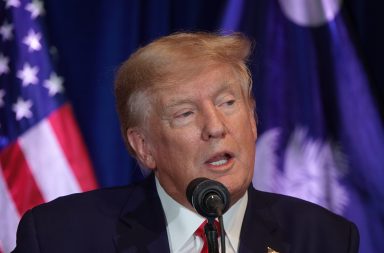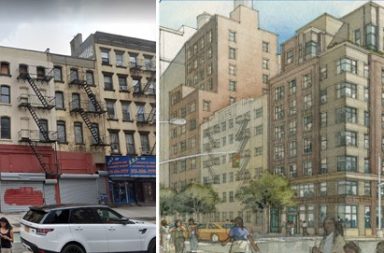New York City Council Speaker Melissa Mark-Viverito was set be honored Thursday night by a Brooklyn-based housing non-profit — the same group that had $12.27 million in back taxes and other charges erased by the Council in 2011, The Post has learned.
The non-profit, Southside United HDFC-Los Sures, didn’t pay a dime in real estate taxes, emergency repairs or other charges on two of the seven low-income housing properties it owns in the borough since it took ownership of the buildings beginning in 1992, city records show. But it got the Council to wipe out the liens after two hearings.
The Council resolution also wiped out all future real-estate tax liabilities for Los Sures on non-commercial portions of the properties for the next 40 years, records show.
The two buildings that had liens erased, in resolutions voted for by Viverito, are a 25-unit building at 743 Driggs Ave., which owed $8.8 million going back to 1992; and a 24-unit building at 184 S. Second St., which owed $3.47 million.
Los Sures’ Thomas Servello said, “We are aware that the organization has been going through difficult times, and we are working with [authorities] to correct these issues and don’t want to take them lightly.”
The tax-delinquency issue for Los Sures isn’t limited to those two buildings. A third building owned by the group, at 383 Hewes St., owes $1.2 million, city records show. It is not known if the Council, now led by Viverito, is considering erasing that lien as well.
Servello told the Post past financial problems were tied to a former manager and rent collections, which he admits have “been a problem.” He said a 95 percent improvement in rent collection should help. Still, the issue of City Hall collecting taxes from housing non-profits, organized as Housing Development Fund Corporations, or HDFCs, is a growing problem.
The city allowed for the creation of HDFCs and handed them the titles to scores of city buildings to maintain affordable housing. Some HDFCs, like Los Sures, got mortgages that didn’t require repayment of principal or interest — but did mandate they pay real estate and water bills and other charges.
Many HDFCs have fallen far behind on paying those taxes and other charges, records show.
According to an executive at the city’s Department of Housing Preservation & Development, when an HDFC accrues significant arrears, “there is an attempt to see if it is possible to come to an agreement on a feasible repayment plan. Those efforts are not always successful.”
New HPD Commissioner Vicki Been, when told of the issue, sighed and agreed, “It is a problem.”
For many HDFCs that fall behind on taxes, there are few consequences.
The city will not sell those liens for collection — often times because the lien-to-value ratio is too high for the outside lien collector to make money.
This year, the city’s 60-day lien list of delinquent taxpayers included 48 HDFCs that owed a total of $19 million. Nine of the 48 owed more than $1 million each — and two of those are owned by Los Sures.
Despite the city losing out on millions of tax dollars by the delinquent HDFCs, housing advocates feel the program is worth it.
“While most of these [re-habbed HDFC] buildings pay no or limited taxes after their rehabilitation, they do contribute to improving their neighborhoods and increasing real-estate tax assessment and collection [in the neighborhood],” a recent report from Citizens Housing & Planning Council concluded.
Private for-profit developers wish they could get the same deal HDFCs get. “They don’t want to give incentives to private developers, but they have to give incentives to non-profits to operate in this tax environment,” said
Dan Margulies, executive director of Associated Builders and Owners, a real estate group whose members own and develop housing.
Questions to the City Council about Los Sures and other HDFC tax issues were referred to Councilman Jumaane Williams, who oversees Housing. He did not return calls for comment. Viverito’s office referred calls for comment to Los Sures.









